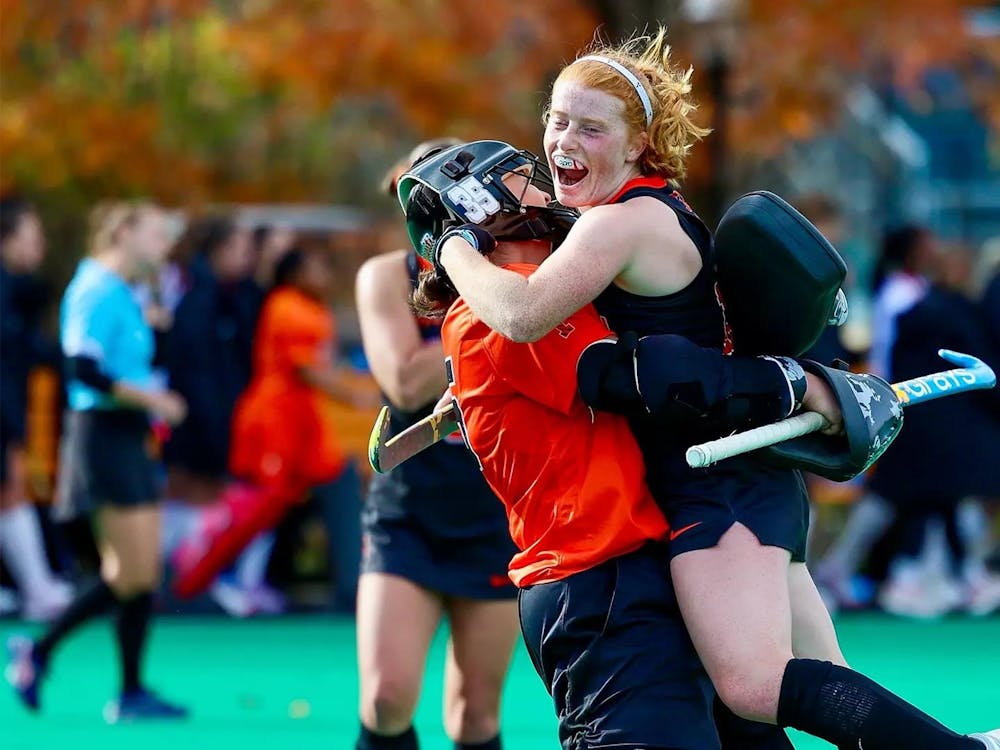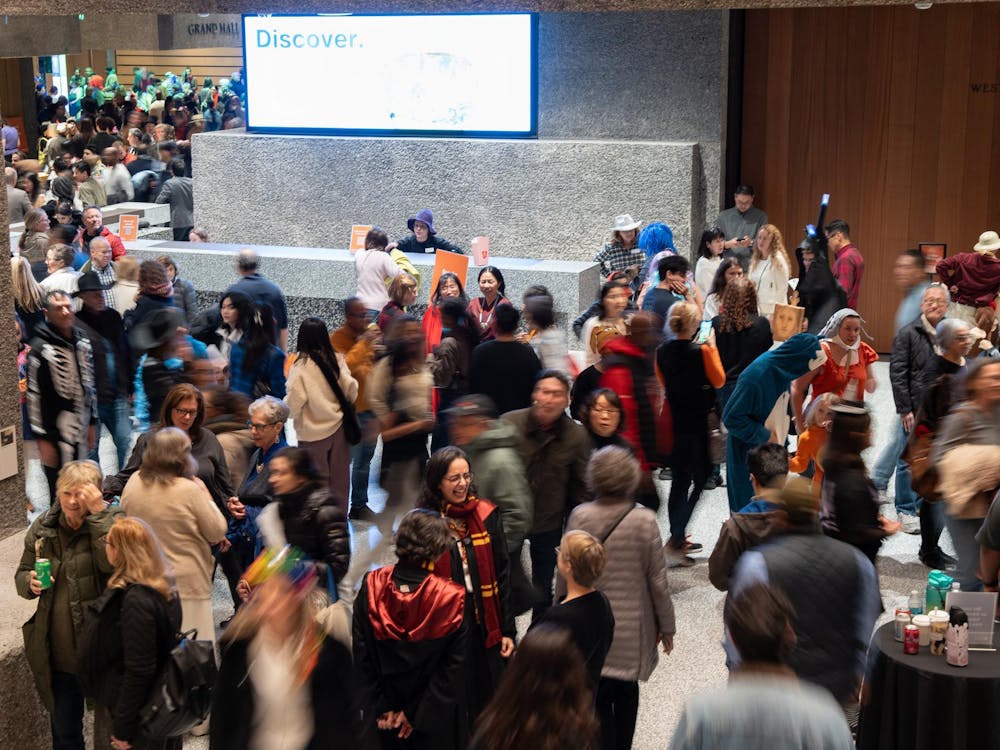I applaud the Princeton students who engage in political discourse, those who hold and advocate for their convictions. Yet, when I attended the Political Activities Fair on Sept. 11, an apparent atmosphere of discordance struck me. The students at each table jockeyed for my name and email address. To me, they seemed to embody rigid attitudes towards politics — uncompromising positions not amenable to dialogue. Each table was disparate, seemingly incompatible with its neighbors. A peer remarked to me how the pro-life and pro-choice tables were situated on opposite sides of the room.
Was that just happenstance? Perhaps. Regardless, my first impression suggested that Princeton’s political climate is highly polarized. Has debate usurped dialogue, to the point where opposing groups do not even stand near each other? As someone who strives to hold moderate but consistent political views, I believe my peers could conceivably reach the same conclusion. Do we wish to present such an image towards the incoming class, and indeed, to any visitor on Princeton’s beautiful campus?
Student activists sometimes perceive apathy among their peers, especially regarding difficult questions of identity, privilege, and power. In my opinion, the best remedy to apathy is to encourage undecided or indifferent students to share their own moral beliefs and contribute their own experience to a campus-wide conversation. To that end, we cannot force our peers to choose between indifference and dogmatism. Their political evolution must come from within.
Someone who does not identify with any one party or platform is not necessarily uninterested or removed from events. In the 2017 Opening Exercises, President Eisgruber shared his rationale for not formally condemning President Trump’s remarks following the Charlottesville attack. “It is tempting to share my thoughts with you in detail,” he confided. “It is, however, neither my role nor that of the University to prescribe how you should react to this controversy or others. It is rather my role and the role of the University to encourage you to think deeply about what these events mean.”
Eisgruber, while still condemning the appalling act of hatred in Charlottesville, did not advance his own political stance. Instead, he defended the student’s capacity to decide for him or herself — a central tenet of liberal arts education. As politically conscious students, we should follow his example.
Student activists know that moral values — convictions that run deeper than partisanship — are the bedrock of political affiliation. We identify as Democrats or Republicans, independents or activists, because we believe that our respective platforms will do the most good for the world. A common goal to craft a freer, more just, and more equitable society guides our views on issues ranging from economic policy to social justice.
Our convictions about how the world ought to be, rather than our partisan allegiances, should guide us. We ought to help undecided or indifferent peers articulate their own senses of right versus wrong. A healthy plurality of voices would persist, but our disagreements would revolve around questions of ethics, rather than the highly divisive political debates of our day.
Such a process is deeply personal, for each of our conceptions of morality is unique, and to share them requires courage. To construct moral compasses that will orient us in the political wilderness, we must consider our own identities, as well as history. We must ask difficult questions about our debts to the past and persistent inequities. We must know our nation’s founding documents and the historical debate of Constitutional interpretation. Mutual respect, pluralism, and humility should be at the heart of our collective reckoning. Only then can we be sure that strong foundations bolster our politics.
If we accept the common view that the purpose of any university, this one included, is to uncover truth, then we should not matriculate with labels such as “Democrat” or “Republican.” Our only distinction ought to be that we are students, united in the common quest for truth.
Last month, the James Madison Institute, a subsidiary of Princeton’s Politics Department, published a letter titled “Some Thoughts and Advice for Our Students and All Students,” which was signed by twenty-eight professors from Princeton, Harvard, and Yale. The letter urged students, “Think for yourself.” Some observers have discerned latent partisanship in this letter, but I invoke it only for its relevance. The professors argue that “the love of truth and the desire to attain it” obligates us to “learn and honestly consider” all arguments before adopting what we understand to be the most reasonable position.
Otherwise, ensconced in partisan redoubts, we risk glossing over the truth, simply because we will not entertain someone else’s perspective. We can only achieve truth in politics by weighing all legitimate positions and then deciding for ourselves, our own moral principles grounding our search for the right answer.
Jon Ort is a first-year from Highlands Ranch, Co. He can be reached at jaort@princeton.edu.








